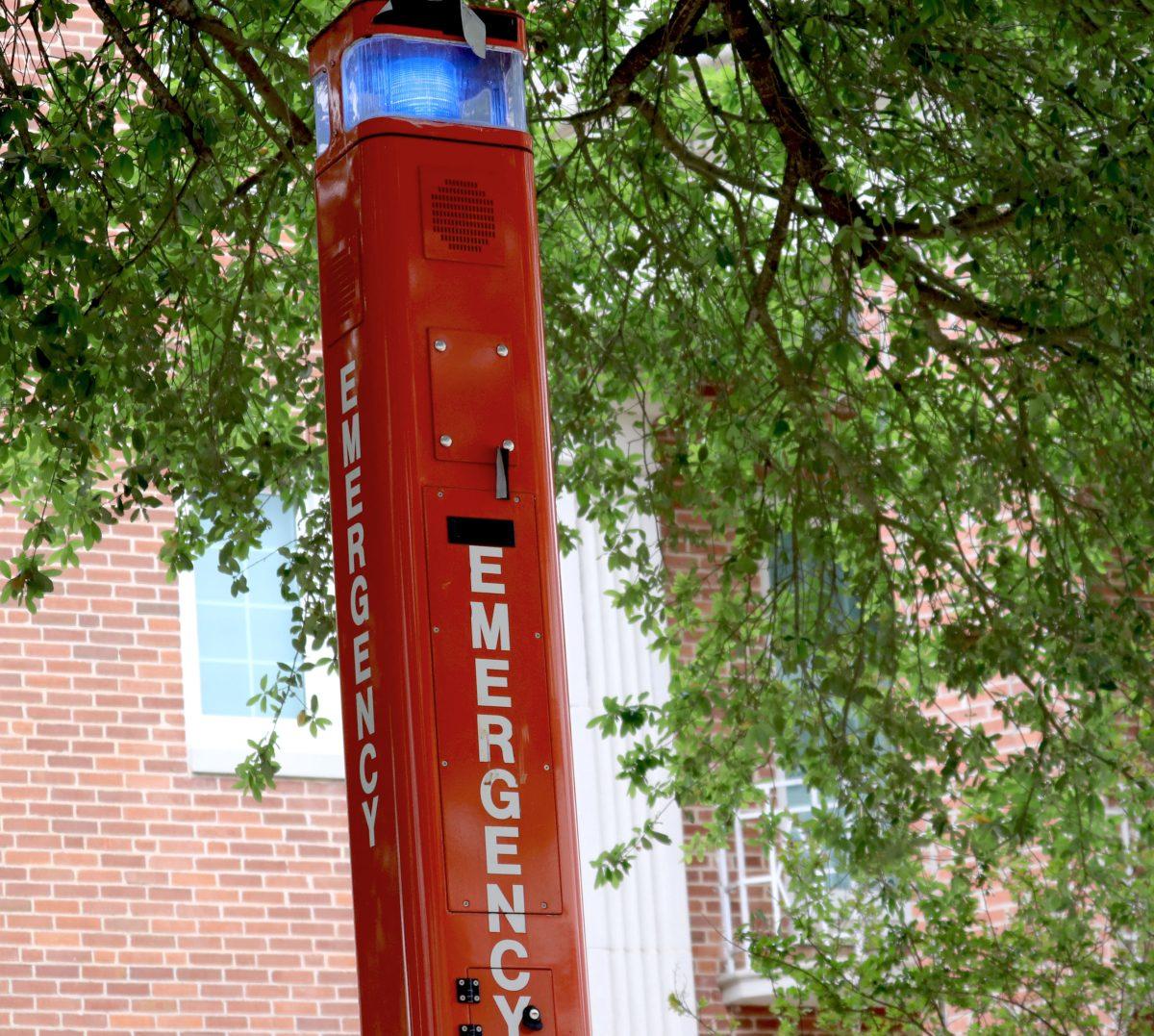Coming to college is a great experience. I was very ecstatic about coming to college, and living on my own for the next nine months in my own place. I’m pretty sure that’s how many incoming students first felt coming to school. That’s the fun part about coming to college and being on your own, but there are some challenging parts about leaving home as well. You’re on your own basically, which means you might become financially dependent on yourself. Now some of us college students do have our parents from back home supplying us with funds, but there are some of us who are out here on our own and fending for ourselves in every realm. When I say every realm, I mean food, bills, gas, books, supplies, and other expenses.
Now this may be a little challenging for someone who has had little to no experience of managing their own money, but I’m certain that sticking to a budget will leave you better off during college, and even after you leave college. So after doing a little research, I discovered some very easy budgeting tips for a college student.
Tip #1: Be realistic about your budget. This is great for first timers because if you have never dealt with a budget or money on your own, you need to take a step back and view your funds. You should first see how much money you have coming in and how much you think you’re going to blow or be spending. When you realize those numbers, then you’ll be more likely to stick your budget.
Tip #2: Take all of your income into consideration. Income means the money you receive on a daily basis. For college students, our resources of income could be any means of financial aid, savings, money from our parents, or a check from a part-time job. It doesn’t matter what type of income it is, write it down. This is a great tip because doing this can help you see how much money you have and give you an idea on how you’ll gauge your spending.
Tip #3: List all of your expenses. Now this is highly important. Keeping a record of everything you purchase can also help you gauge your spending. As a college student, our expenses consist of tuition, books, residency, groceries, bills, and other expenses. It’s very important to list everything down alongside the prices so you can make a decisions on how you want to maintain your coins.
Tip #4: Deciphering between wants and needs. Needs are number one. You need groceries, gas, school supplies, laundry detergent and other things that are more important than seeing or getting something you want. This can help you stay within your budget. Pulling out the set amount for groceries from your budget and staying within that number can also help. It is okay to spend whatever’s left on things you want.
Tip #5: Save for larger expenses. Moving into your own apartment or buying your first car are examples of larger expenses. When saving up for your apartment, car, or even going on a trip with some friends, you might want to try to increase your savings amount because those things cost a little bit more so therefore it will require more money into that item.
Tip #6: Watch out for the little things that can eventually add up. Now this is where I fall victim. You would want to save some money for the movies, wanting to go to the mall, eating out or other activities, but at the same time, make sure you watch out because these expenses can exceed your monthly goal.
So there you have it, six essential budgeting tips you should take into consideration when planning your budget as a college student, especially for someone who’s a beginner. A budget can help someone stay on track and control their spending. Remember be smart and stay within your budget!





